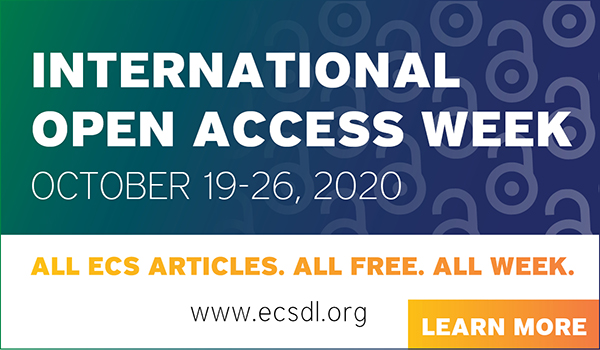 ECS is set to participate in its sixth International Open Access Week, an annual event organized by SPARC, the Scholarly Publishing and Academic Resources Coalition. From October 19-26, ECS takes down the paywall to the entire ECS Digital Library on IOPscience, making over 160,000 scientific articles and abstracts free and accessible to everyone.
ECS is set to participate in its sixth International Open Access Week, an annual event organized by SPARC, the Scholarly Publishing and Academic Resources Coalition. From October 19-26, ECS takes down the paywall to the entire ECS Digital Library on IOPscience, making over 160,000 scientific articles and abstracts free and accessible to everyone.
This year’s theme, “Open with Purpose: Taking Action to Build Structural Equity and Inclusion,” supports ECS’s long-term vision to Free the Science by providing access to all in order to further advance research. ECS publications showcase research that directly addresses the sustainability of the planet. Electrochemistry and solid state science continue to hold the keys to innovation in renewable energy, biomedical applications, water and sanitation, communications, transportation, technology, infrastructure, and beyond.
(more…)
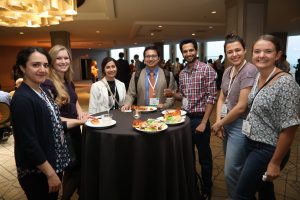 The student chapter program continues to expand because students around the world are excited to join ECS’s global community. On October 16, 2020, the Board of Directors approved the chartering of six new student chapters. (more…)
The student chapter program continues to expand because students around the world are excited to join ECS’s global community. On October 16, 2020, the Board of Directors approved the chartering of six new student chapters. (more…)
 The student chapter program continues to expand because students around the world are excited to join ECS’s global community. On October 16, 2020, the Board of Directors approved the chartering of six new student chapters. (more…)
The student chapter program continues to expand because students around the world are excited to join ECS’s global community. On October 16, 2020, the Board of Directors approved the chartering of six new student chapters. (more…)




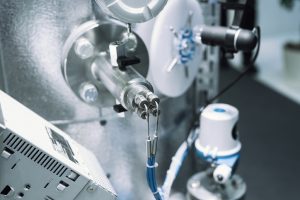 Topic Close-up #1
Topic Close-up #1 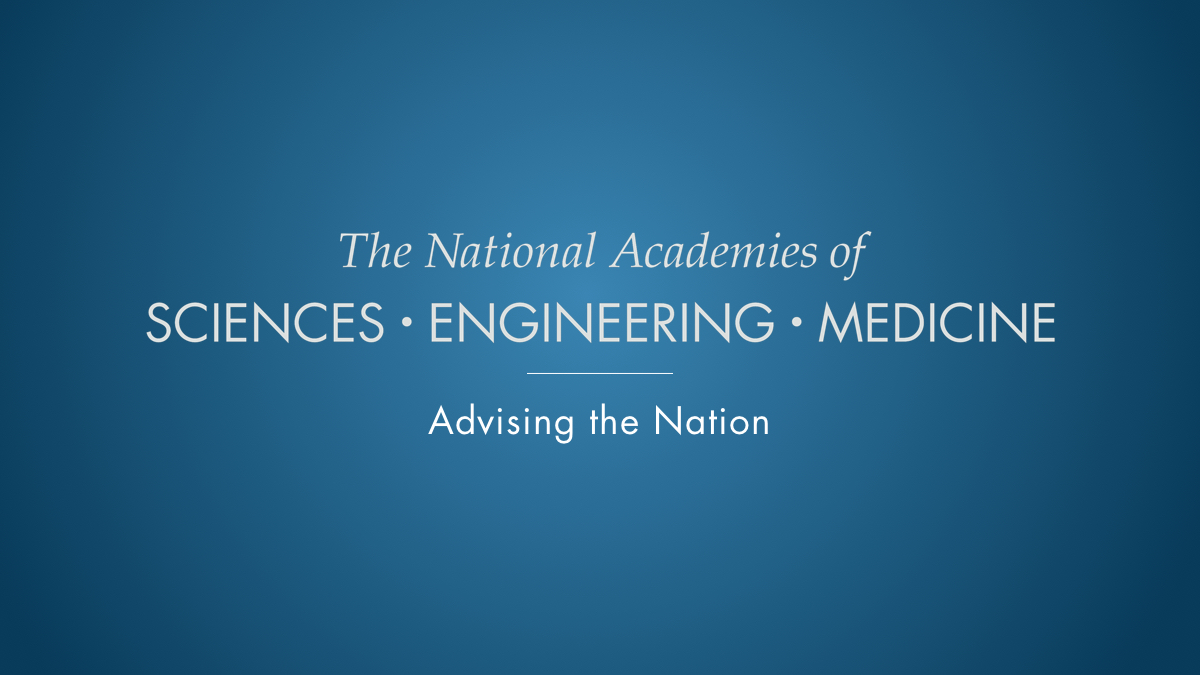
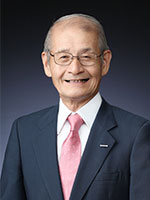
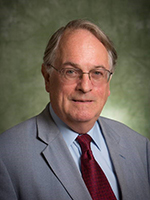
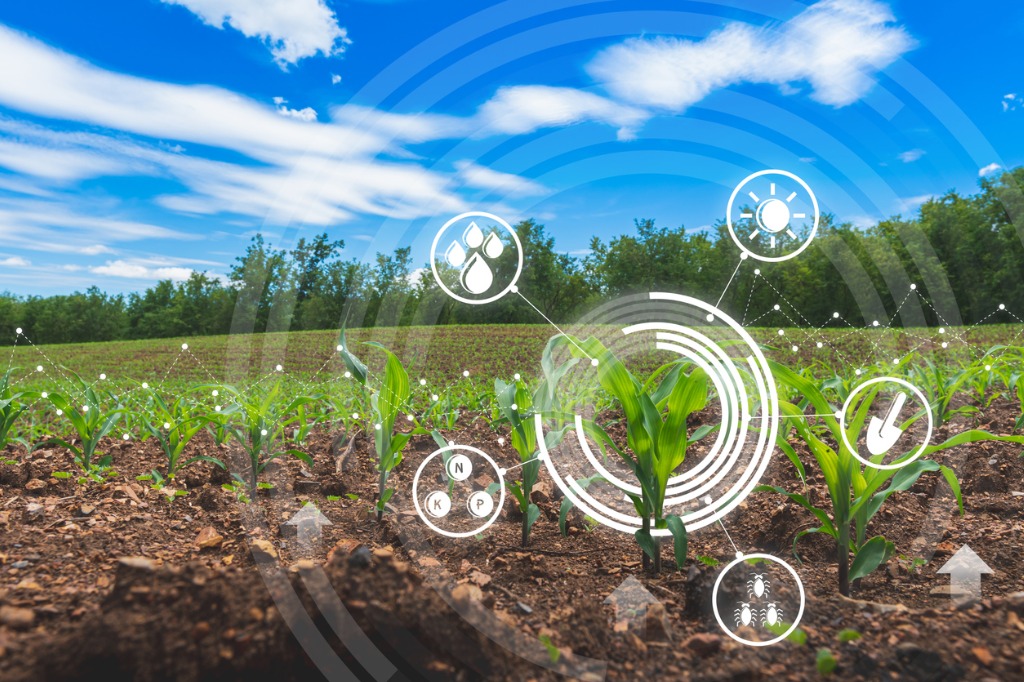
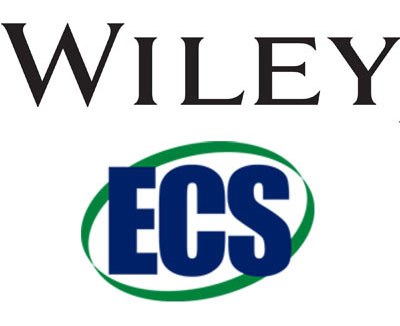 The Electrochemical Society and Wiley have renewed a publishing partnership to enhance ECS’s book series with the goal of publishing multiple titles per year. ECS’s long-time sponsored series in publishing cooperation with Wiley provides authoritative, detailed accounts on specific topics in electrochemistry and solid state science and technology. Through this partnership, the Society is able to offer the research community access to world-class editors, marketers, and product designers to ensure that from writing the first word to reaching the first reader, the ECS community has a robust support network of publishing professionals to help an author develop and publish their best work.
The Electrochemical Society and Wiley have renewed a publishing partnership to enhance ECS’s book series with the goal of publishing multiple titles per year. ECS’s long-time sponsored series in publishing cooperation with Wiley provides authoritative, detailed accounts on specific topics in electrochemistry and solid state science and technology. Through this partnership, the Society is able to offer the research community access to world-class editors, marketers, and product designers to ensure that from writing the first word to reaching the first reader, the ECS community has a robust support network of publishing professionals to help an author develop and publish their best work. 